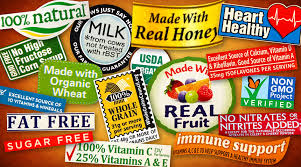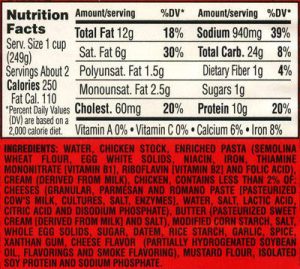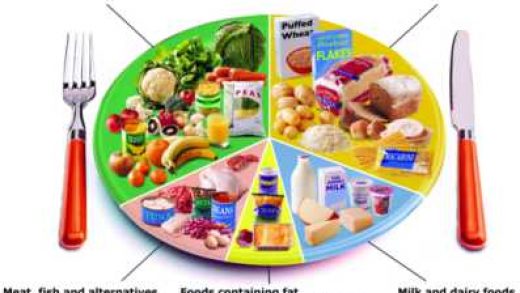In our consumerist society, marketing is often more important than truth. Food manufacturers are always looking for claims and buzzwords that will convince shoppers to purchase their product instead of another brand. That often leads to outright fraud.
But sometimes, the food industry does listen to consumers and makes changes in their products to respond to trends and customer desires. The problem is that food trends and developments move much faster than regulations. So, it falls to the consumer to help protect themselves.
Natural does not mean healthy
Nutritionists say that cutting back on salt and other changes to snack foods are good ideas. But they emphasize that doesn’t make them healthier.
What does “natural” mean? That’s a great question. Many of us think we know. Some say it means things found in the usual consumer’s own pantry, but these days that can include a lot of artificial ingredients. The Food and Drug Administration has not defined this term yet. Many food companies and ingredient makers are pushing for the most liberal definitions. That’s a big loophole, one many advertisers are exploiting.
The best line of defense is to simply read the labels. You should be suspicious of any ingredient you don’t recognize unless you’re a chemist. But education is important here, too. For example, ascorbic acid is a common ingredient, but although unrecognizable to many people, it’s actually a natural ingredient. However, because lots of people don’t know what it is, some companies are replacing it with things like rosemary, another antioxidant that helps stabilize the color.
As always, “Buyer Beware” is a good policy. Don’t just rely on the front of the package. Turn it around and read the fine print. It could save your life.




